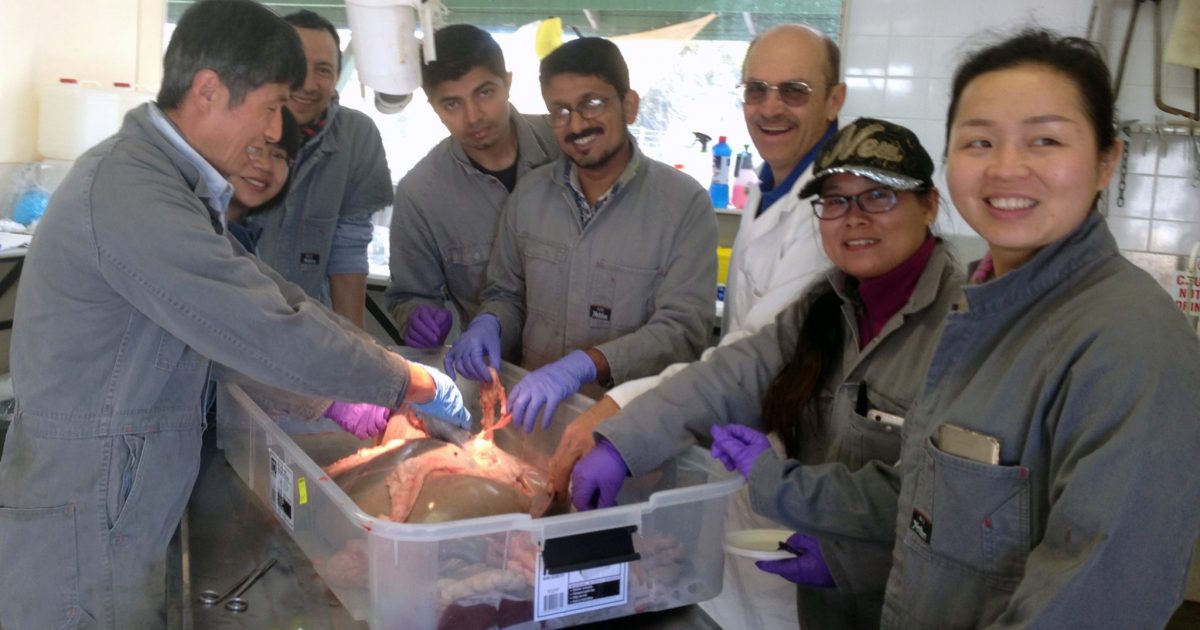The Department of Primary Industries and Regional Development is leading a team of experts from across the globe in research to minimise the impact of worm infections on sheep.

The project is being led by Department researcher Dr Johan Greeff and University of Western Australia (UWA) Adjunct Associate Professor Shimin Liu in collaboration with researcher teams based at UWA, Curtin University, La Trobe University, and at Chinese universities the Northwest Agriculture and Forest University and Nanjing Agricultural University.
The multi-disciplinary research team brings together geneticists, parasitologists, nutritionists, immunologists and microbiologists to investigate the role of genetics, nutrition, parasites, the immune system and gut microbes in resistance to intestinal worms, and in the causes of diarrhoea in sheep.
The research is being undertaken at the department’s Katanning site, using its renowned Rylington Merino worm resistant flock.
Dr Greeff said the aim of the research was to improve the productivity and welfare of Australia’s sheep flocks.
“Worm infection is the single biggest threat to grazing sheep and goat production systems worldwide,” Dr Greeff said.
“Apart from production losses due to high worm numbers, it also causes diarrhoea which is a major factor for breech strike in Australia.
“However, selecting sheep for increased worm resistance can also result in an increase in diarrhoea indicating resistant animals can become hypersensitive to worm larvae.”
Dr Greeff said the research focussed on understanding the biology between worm resistance, high worm burden diarrhoea and hypersensitivity diarrhoea in sheep.
“The first phase of the work has been completed, with relevant measurements and tissue samples collected which are being analysed by the research team,” Dr Greeff said.
The Curtin University team, Associate Professor David Groth and Dr Kylie Munyard, from the School of Biomedical Sciences, consider the merino flock a valuable resource to identify genetic variations in sheep that are responsible for worm resistance and hypersensitivity diarrhoea.
“Samples have been collected from the founding members of the flock, enabling newly invented analytical techniques to be used to measure and identify the genome responsible for worm resistance,” Associate Professor Groth said.
Professor Graeme Martin of the University of WA said the implications of this work travel well beyond the Australian and global sheep industries, because drench resistance and diarrhoea are international problems in small ruminants.
“International collaborators and research students are therefore attracted to join this excellent project run by the department,” Professor Martin said.
The research carried out on the Australian Wool Innovation breech strike flock.


